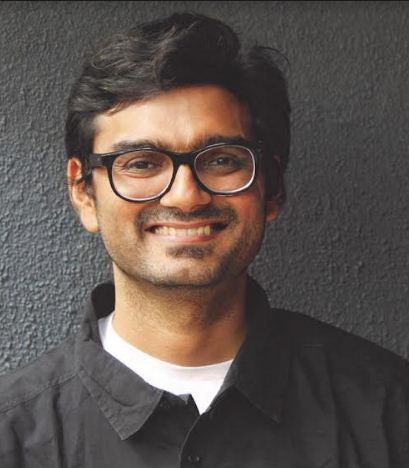The theatre segment offered a wide range encompassing many foundations. From war, mental health, and alienation to LGBT+ themes…reports Asian Lite News
He says the guiding thought was ensuring unusual experiences, doing formal things in informal spaces, and vice-versa. For him, it was important to look at newer groups from across the country, and how their work is smashing ‘order’, and conveying the unsaid.
Theatre director Quasar Thakore Padamsee, curator of the theatre segment at the recently concluded Serendipity Arts Festival-2023 in Goa, tells IANS that it was important not to play safe and present the form in multiple and novel ways.
Padamsee, who helmed the curation before as well, says that in the beginning one mostly tries to capture the greatest hits. “However, over some time, we have achieved a lot and the confidence to take greater risks and the ambition has grown. We are constantly finding things that can be done differently. This is also one of the few festivals that has such a good relationship with space. There is so much cross-pollinating between art forms and a very interesting merger happens. It is very liberating to witness how art forms are shifting and coming together in a modern context,” he says about the festival that witnessed 150 events, works by over 300 artists, and 15 commissioned projects.
The theatre segment offered a wide range encompassing many foundations. From war, mental health, and alienation to LGBT+ themes.
The play ‘Jump’, directed and written by Maneesh Verma was performed on the terrace of a building, while Vikram Phukan’s ‘Postcards from Goa’ was ‘staged’ on a walking trail. ‘Afganisthan is Not Funny’ was brought forth using photographs while Tim Supple’s ‘Lives of Clay’, performed by Vidya Thirunarayan was experienced in a garden. ‘Aur Theatre Karo’ by Gopal Das was a collection of songs he had composed for the stage over decades.
The curator, who insisted that all participating groups underwent workshops to create more and new roots in the space for exchange of ideas adds, “A young theatre artist is excited to discuss things. Such festivals open doors about things that they might not have access to.”
Talk to Padamsee, who has directed and produced over 20 plays with his Mumbai-based theatre company QTP, about corporate funding in theatre and he laments that while 15-20 years back, the corporate world wanted to be seen as ‘giving’, but now everything is about sales. “Believe it or not, sometimes they even ask how their product will be placed on the stage. Everything has become just about sales, sadly. Also, most corporates will not touch a play that is difficult or experimental. Precisely why festivals are extremely important for theatre groups so they can tell the stories in the ways they want to.”
Even as several unique productions have been coming from small towns in the past few years, the director admits that are more connected to what is happening around them. “To be universal, you have to be connected. The experiences of major cities are becoming more similar…”
Even as his theatre company turns 25 next year, Padamsee wants to shut down all the old plays in the first half of the year. “We will be running one of our newer shows called ‘Lungs’ which is about a couple who are deliberating whether to bring a child into the world or not because it will add to the carbon footprint,” he concludes.

